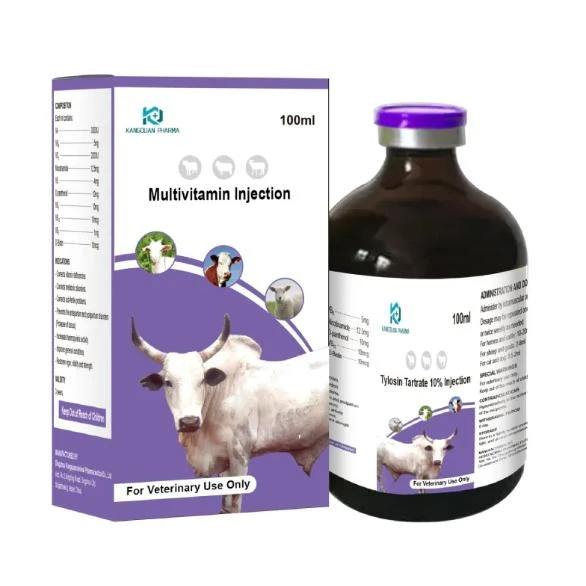- Afrikaans
- Albanian
- Amharic
- Arabic
- Armenian
- Azerbaijani
- Basque
- Belarusian
- Bengali
- Bosnian
- Bulgarian
- Catalan
- Cebuano
- Corsican
- Croatian
- Czech
- Danish
- Dutch
- English
- Esperanto
- Estonian
- Finnish
- French
- Frisian
- Galician
- Georgian
- German
- Greek
- Gujarati
- Haitian Creole
- hausa
- hawaiian
- Hebrew
- Hindi
- Miao
- Hungarian
- Icelandic
- igbo
- Indonesian
- irish
- Italian
- Japanese
- Javanese
- Kannada
- kazakh
- Khmer
- Rwandese
- Korean
- Kurdish
- Kyrgyz
- Lao
- Latin
- Latvian
- Lithuanian
- Luxembourgish
- Macedonian
- Malgashi
- Malay
- Malayalam
- Maltese
- Maori
- Marathi
- Mongolian
- Myanmar
- Nepali
- Norwegian
- Norwegian
- Occitan
- Pashto
- Persian
- Polish
- Portuguese
- Punjabi
- Romanian
- Russian
- Samoan
- Scottish Gaelic
- Serbian
- Sesotho
- Shona
- Sindhi
- Sinhala
- Slovak
- Slovenian
- Somali
- Spanish
- Sundanese
- Swahili
- Swedish
- Tagalog
- Tajik
- Tamil
- Tatar
- Telugu
- Thai
- Turkish
- Turkmen
- Ukrainian
- Urdu
- Uighur
- Uzbek
- Vietnamese
- Welsh
- Bantu
- Yiddish
- Yoruba
- Zulu
Dec . 25, 2024 17:00 Back to list
Determining the Safe Dosage of Tylosin for Dogs and Its Uses
Understanding Tylosin Dosage for Dogs A Comprehensive Guide
Tylosin is an antibiotic belonging to the macrolide class of antibiotics, primarily used to treat various bacterial infections in animals. While it is more commonly associated with livestock, tylosin can also be prescribed for dogs under the guidance of a veterinarian. Understanding the appropriate dosage, uses, and precautions associated with tylosin is critical for ensuring the health and safety of your pet.
What is Tylosin?
Tylosin works by inhibiting bacterial protein synthesis, making it effective against a range of Gram-positive bacteria, as well as some Gram-negative bacteria. It is often used to treat infections caused by specific bacteria, including those that affect the respiratory tract, skin, and gastrointestinal system. Additionally, tylosin has been used off-label for certain conditions like chronic diarrhea and inflammatory bowel disease in dogs.
Dosage Guidelines for Tylosin in Dogs
Determining how much tylosin to administer to a dog depends on several factors, including the dog's weight, the severity of the infection, and the specific condition being treated. The general dosage guideline is approximately 10 to 20 mg per kilogram (kg) of the dog's body weight, typically given once or twice daily. Here’s a breakdown of the dosing based on weight
1. Small Dogs (up to 10 kg) - Typical dose 50 to 100 mg per day (divided doses if required). 2. Medium Dogs (10 kg to 20 kg) - Typical dose 100 to 200 mg per day (divided doses if required). 3. Large Dogs (20 kg to 40 kg) - Typical dose 200 to 400 mg per day (divided doses if required). 4. Extra Large Dogs (over 40 kg) - Consultation with a veterinarian is advised for precise dosage.
Administering Tylosin
Tylosin may come in various forms, including tablets, powder, and flavored formulations. The choice of administration often depends on the specific needs of the dog and owner preferences. If using a powder, it can be mixed with food, ensuring that the entire dose is consumed. For tablets, giving them directly or hiding them in treats can be effective; however, it's essential to ensure the dog takes the full dosage for the treatment to be effective.
Monitoring and Duration of Treatment
how much tylosin for dogs

The duration of treatment with tylosin varies based on the condition being treated. In most cases, it is administered for a minimum of 5 to 7 days, but the veterinarian may recommend a longer duration based on the individual case. Regular follow-ups are crucial to monitor the dog's response to the medication and adjust the dosage if necessary.
Possible Side Effects
While tylosin is generally well-tolerated by dogs, some potential side effects may occur. These can include
- Nausea - Vomiting - Diarrhea - Lack of appetite - Allergic reactions (although rare)
If a dog exhibits severe side effects or any unusual symptoms while taking tylosin, it is crucial to contact a veterinarian immediately.
Precautions
Before starting tylosin, pet owners should inform their veterinarian about any other medications their dog is currently taking, as drug interactions can occur. Tylosin should not be given to dogs with known allergies to macrolide antibiotics. Furthermore, it is essential to consider the dog’s overall health, as underlying medical conditions may require dosage adjustments.
Conclusion
Tylosin can be a valuable tool in managing bacterial infections in dogs when prescribed by a veterinarian. Understanding how much tylosin to administer, how to give it, and being aware of potential side effects are essential for the safety and well-being of your pet. Always consult with a veterinarian before starting any medication to ensure it is appropriate for your dog's specific health needs. By taking these precautions and following proper dosage guidelines, you can help your furry friend regain their health and happiness.
-
Guide to Oxytetracycline Injection
NewsMar.27,2025
-
Guide to Colistin Sulphate
NewsMar.27,2025
-
Gentamicin Sulfate: Uses, Price, And Key Information
NewsMar.27,2025
-
Enrofloxacin Injection: Uses, Price, And Supplier Information
NewsMar.27,2025
-
Dexamethasone Sodium Phosphate Injection: Uses, Price, And Key Information
NewsMar.27,2025
-
Albendazole Tablet: Uses, Dosage, Cost, And Key Information
NewsMar.27,2025













